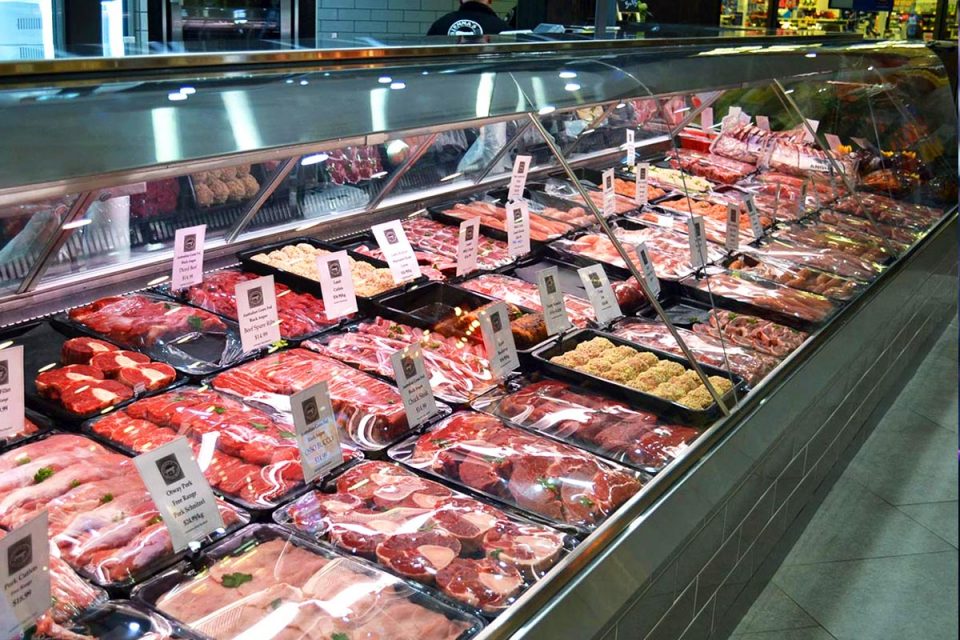By Riad Beladi
In Algeria, the economy is heavily managed and controlled by the state, primarily through direct and indirect subsidies. These subsidies play a crucial role in shaping the economic landscape and ensuring access to essential goods for all citizens. Let’s delve deeper into the concept of direct and indirect subsidies and their implications:
Direct Subsidies:
- Direct subsidies involve the government importing products or commodities at a higher cost than they sell them domestically.
- For instance, if the government imports a product at $100 per ton and sells it to Algerian consumers at $60, it ensures affordability and accessibility, particularly for essential items like wheat.
- The philosophy underlying direct subsidies is to ensure that even the poorest citizens have access to vital goods, thereby enhancing their buying power and overall well-being.
Indirect Subsidized Products:
- Indirect subsidies are reflected in the management of the Algerian dinar’s value by the central bank, which maintains it higher than its street value.
- This results in imported products reaching Algeria cheaper than their actual market value, effectively subsidizing consumer goods for the populace.
- Managed currency provides a positive aspect wherein consumer products become more affordable for Algerian consumers, contributing to improved living standards.
Positive Aspects of a Managed Currency:
- Cheaper consumer products: Managed currency ensures that essential goods remain affordable for Algerian consumers, benefiting the entire population.
Negative Aspects of a Managed Currency:
- Economic control: The need for ongoing management of the economy poses challenges, including potential inefficiencies and bureaucratic hurdles.
- Dependency on subsidies: Reliance on subsidies may discourage innovation and hinder economic diversification, posing long-term risks to sustainability.
- Constraints on foreign investment: Managed currency and subsidies can deter foreign investors due to uncertainties in currency valuation and market regulations.
Towards Economic Liberalization: Algeria appears to be moving towards relinquishing control over its currency and reducing subsidies to foster economic liberalization. This shift could bring about prosperity by encouraging innovation, attracting foreign investment, and promoting market-driven growth.
In conclusion, while direct and indirect subsidies have ensured access to essential goods for Algerian citizens, transitioning towards a more liberalized economy may unlock new opportunities for growth and development. However, careful planning and strategic reforms will be necessary to navigate this transition effectively and ensure the prosperity of the Algerian people.



